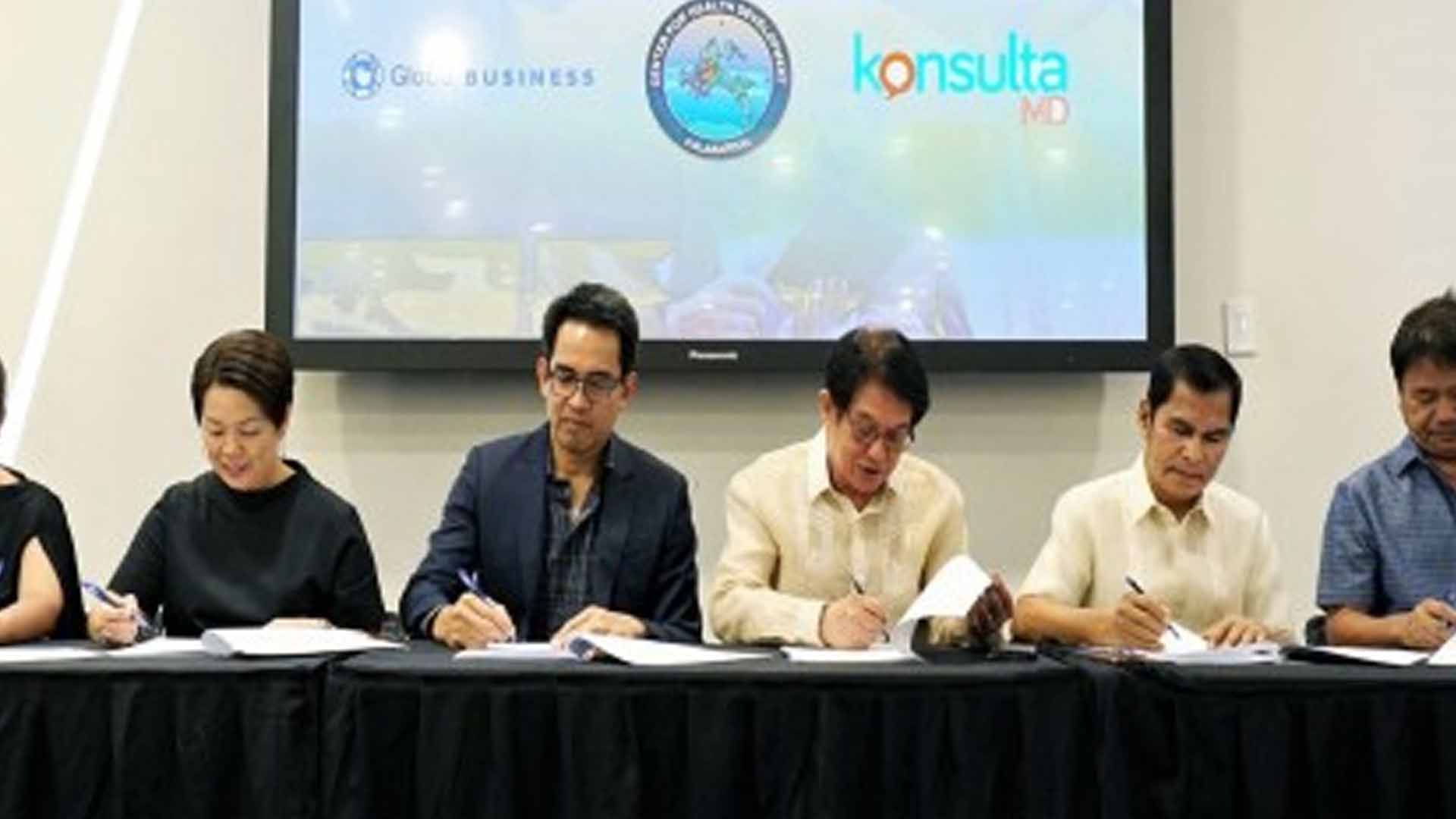The Department of Health in Region 4-A (Calabarzon) rolled out its telemedicine program which aims to improve health service delivery in identified geographically isolated and disadvantaged areas (GIDAs) of the region.
DOH Calabarzon director Eduardo Janairo said the program, dubbed Medical Call Consultation (MCC), would provide better medical treatment and care to patients through the use of advanced Information and Communication Technologies (ICT).
“Dahil sila ay mabibigyan na mismo ng serbisyo sa kanilang lugar at hindi na nila kailangang tumawid ng dagat at maglakad ng ilang bundok upang makapunta sa pinakamalapit na ospital (Because they will be served in their area, without the burden of crossing the seas or walking through mountains just to get to the nearest hospital),” Janairo said.
The MCC service involves the deployment of voice telehealth kits (mobile phones) with features such as free calls to the landline on nominated area code, broadband, KonsultaMD License, access to 24/7 licensed Filipino doctors, medical advice and primary care guidance, medicine e-prescriptions.
It would also gather patient data to facilitate follow-up and continuous care through the documented call consult with the assistance of a barangay health worker to achieve continuity of care.
Through the service, Janairo said patients would not be burdened financially as their health cases would be closely monitored.
The project had its pilot run from February to June 2019 in 10 barangays in Quezon province and recorded a total of 286 calls from residents with cases of cough, colds, edema/skin lesions/skin rash, shoulder and back pain, fever and dizziness/headache, among others.
The DOH-Calabarzon and Innove Communications Inc. signed a memorandum of agreement on Monday for the project.
Innove would provide 180 voice telehealth kits for the rollout implementation of the project, designed in two phases — from December 2019 to December 2021 for phase 1 (80 units) and April 2020 to April 2022 for phase 2 (100 units). (PNA)









